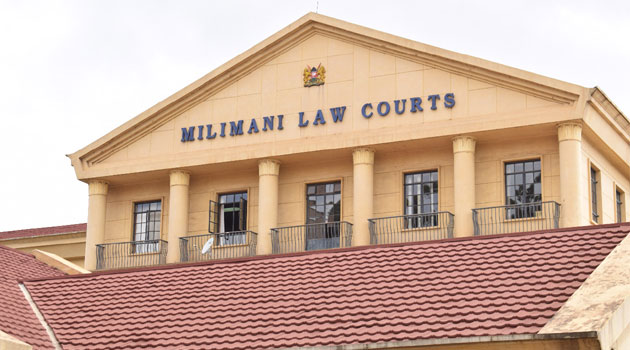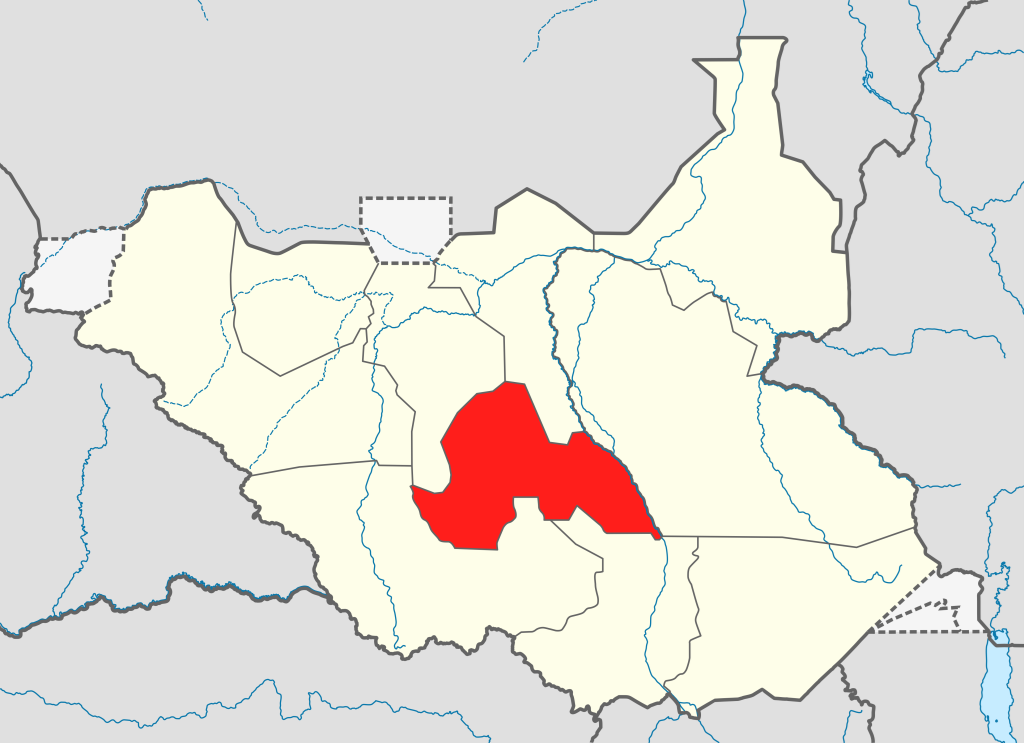ISTANBUL
Debora Kayembe, the first elected Black person as rector of Edinburg University, detailed her life that sheds light on the struggles she faced as an African woman seeking education and refuge in the UK.
Kayembe, who became the first female African to have her portrait hung in the Royal Society of Edinburgh, recounted her journey from the Congo to the UK and her path to becoming a rector.
Kayembe emphasized the significance of sharing her journey from the Congo with the world.
“It is very important. A story is like mine to be told to the world because they can give courage and strength to other people,” Kayembe told Anadolu.
“I went through difficult times, very difficult ones, but I never look back. Even in the places where I was completely desperate, I was always hoping for a light at the end of the tunnel. I never give up, never,” she said,
Born into a wealthy family in Kinshasa, Kayembe expressed early aspirations to pursue law due to her interest in human rights.
Witnessing extreme poverty and deprivation at 18 sparked her activism, leading her to advocate for human rights locally and internationally.
“One day I wanted to go to the poorest area of my country. And that day I saw a child who was starving for food and he was screaming because he didn't eat for two days. So, I ran home to my parents’ house because we had money in the house. I took the money, I took the food,” she said. “I went to give to this family and the person told me you want to see how we live in this part of the country. What I saw shocked me. It was people not having anything to eat at all. So that wanted me to choose to fight for human rights. That was way before I went to university.”
Following her studies, Kayembe seized the opportunity to intern at the United Nations Human Rights Office in the Democratic Republic of Congo, where she encountered challenges due to the oppressive regime and lack of respect for human rights.
“I practice law in court as well as continue campaigning for human rights. So throughout my work for human rights, I had some struggles because I stood for human rights in the country. It was a dictatorship and the rights of individuals were not respected.
“So when I did an investigation on the eastern part of my country, my life was a threat. So, I left and I came to the UK in 2005 and I sought asylum as a refugee,” she said.
Reflecting on her departure from Congo in 2004 and seeking asylum in the UK in 2005, Kayembe noted obstacles she faced, including skepticism from UK immigration authorities and racial discrimination when she arrived.
“The first year was difficult, the UK immigration did not believe in my story and because I came into the country without anything with me, it was difficult to prove who I was,” she said.
“One of the things I saw was racism,” she noted.
“You can see people not believing that you are an educated person because you are African and because you are black, they just assume you're not intelligent. They just assume you've never been to school. So, there was this stereotype around a black woman.”
Unable to practice law in London due to bureaucratic hurdles, Kayembe found solace in Scotland, where her qualifications were recognized. In Edinburgh, she continued her human rights advocacy work.
Recalling she spoke in the Scottish parliament for the 30th anniversary of the Scottish Refugee Council, Kayembe said afterward she was invited by the Scottish Youth Academy, affiliated with the Edinburgh Royal Society, where she began to work as a volunteer.
Recalling the time she worked at the Royal Society in Edinburgh, Kayembe said: “There was a portrait of the most intelligent people in the world, people who have changed the world, people who made an impact in the world. They're all white men wearing fine robes. And I get there, I look at it, I said, ‘Oh my God, what am I doing in this place? The next time there'll be a black person here, it'll be in 1000 years. Not now, no way.’”
But, in 2019, she became the first African to have her portrait erected on the walls of the Royal Society of Edinburgh, honoring her achievements and contributions.
“So I was then the first black person to have a portrait collected at the World Society of Edinburgh,” she said.
Despite her achievements, Kayembe faced backlash from racists, including threats to her life. However, she remained undeterred, organizing the Freedom Walk campaign in 2021, which led to her invitation to serve as rector at the University of Edinburgh. * Writing by Seda Sevencan, Anadolu Agency











